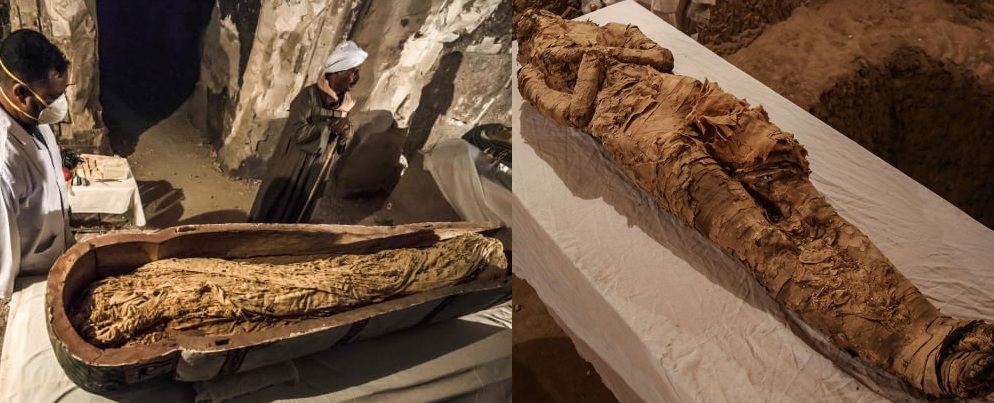
Science and technology are a combination that is making the impossible possible. A 3000 year old Egyptian Mummy speaks its first words after 3000 years. Now, before you get scared or shocked, read ahead. The mummy did not speak naturally (how can it? It’s dead.) The scientists working on the mummy recreated its sound.
Video: Priest Nesyamun sound recreated, and the first word that comes out is “bed” or “bad.”
The vocal tracts of the Egyptian mummy were recreated with the help of medical scanners, 3D printing, and an electronic larynx. The sound that came out is not a hundred percent replica of the human but is close to what priest Nesyamun would have sounded when he was alive.
David M. Howard of London’s Royal Holloway College, co-author of the paper published in Scientific Reports, said, “We have made a faithful sound for his tract in its current position, but we would not expect an exact speech match given his tongue state. But this is something that is being worked on, so it will be possible one day.,”
The sound may sound eerie or robotic, but it is because most of the tongue of the mummy was lost in the 3000 years. It can be a breakthrough in the archaeological world and will increase people’s interest in history.
Voice is an essential part of humans, and when people will visit the museums and will listen to mummy speaking or telling their story in their voice; it will escalate interest in the history of humanity and promote tourism in historical places.
Co-author John Schofield, an archaeologist at the University of York, said the technique could be used to help people interpret historical heritage. “When visitors encounter the past, it is usually a visual encounter,” said Schofield. “With this voice, we can change that, and make the encounter more multidimensional.”
Let’s hope that it is the beginning of the discovery and it helps not only in promoting interest in the history, but also help people with speaking disability or absence of thorax.